10. Moon (Duncan Jones, 2009)

The crushing loneliness of outer space is depicted with heart-stopping clarity in Duncan Jones’ minimalist think piece, in which a homesick astronaut (Sam Rockwell) sent on an extended lunar mission has to deal with his inner demons as the only human overseeing a key mining facility that sends resources back home to meet Earth’s demands.
Never has the bar been raised so unattainably high when it comes to minimalist science fiction; if there was telling proof that you don’t need ostentatious set pieces and brawny action to captivate audiences, “Moon” does precisely just that. Though the film takes its sweet time going, like any genuine thought-provoking movie, it’s punctuated by many unexpected twists and a big question mark that will linger in your mind for long after the credits roll.
9. After Yang (Kogonada, 2021)
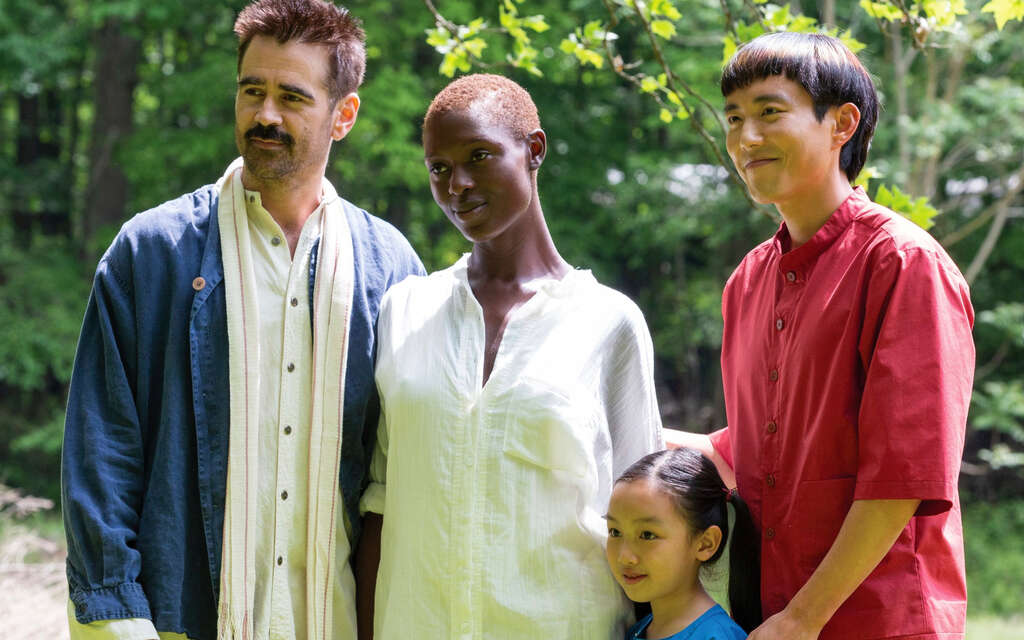
Kogonada stirred up deeper truths with his sophomore feature, an achingly tender film in which the technical malfunction of a domestic android named Yang (Justin H. Min) forces a family to contemplate the nature of their beloved companion, and the bond they each shared with it.
The story, adapted from Alexander Weinstein’s short novel, broaches complex questions about dealing with loss and grief, embracing one’s roots, and the ties that bind us with rare delicacy and insight. With the advent of artificial intelligence and the all-pervasive presence of technology in our daily lives, many recent films have attempted to probe the intriguing possibilities of our new reality. Few, however, have shown such compassion and fluency while doing so than this Sundance tearjerker — a gentle film that will warm even the coldest heart.
8. Children of Men (Alfonso Cuarón, 2006)
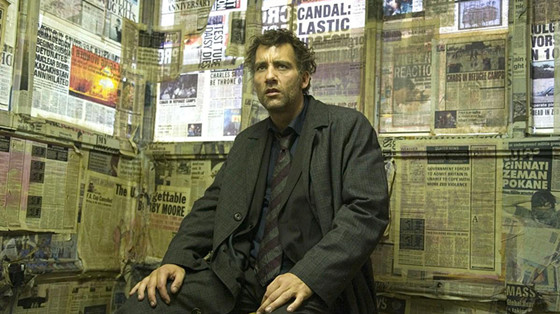
Oscar-winning Mexican director Alfonso Cuarón delivered one of the most disquieting prognoses of the new millennium with this adaptation of PD James’ novel, a bleak dystopian thriller that makes the hairs on the back of your neck stand on end by envisioning a near-future all too recognizable to our own.
Starkly photographed by the always-reliable Emmanuel Lubezki, “Children of Men” plunges viewers headfirst into 2027 London, where entropy reigns supreme after a global fertility crisis pushes the world order all but to the brink of collapse. With no births registered in the past 18 years and the survival of the human race hanging by a thread, a disillusioned civil servant (Clive Owen) takes it upon himself to smuggle a pregnant refugee all the way to a safe sanctuary at sea. As lucid as it is disturbing, Cuarón’s black-hearted opus manages to evoke anxiety and awe almost in equal measure.
7. 2046 (Wong Kar-wai, 2004)
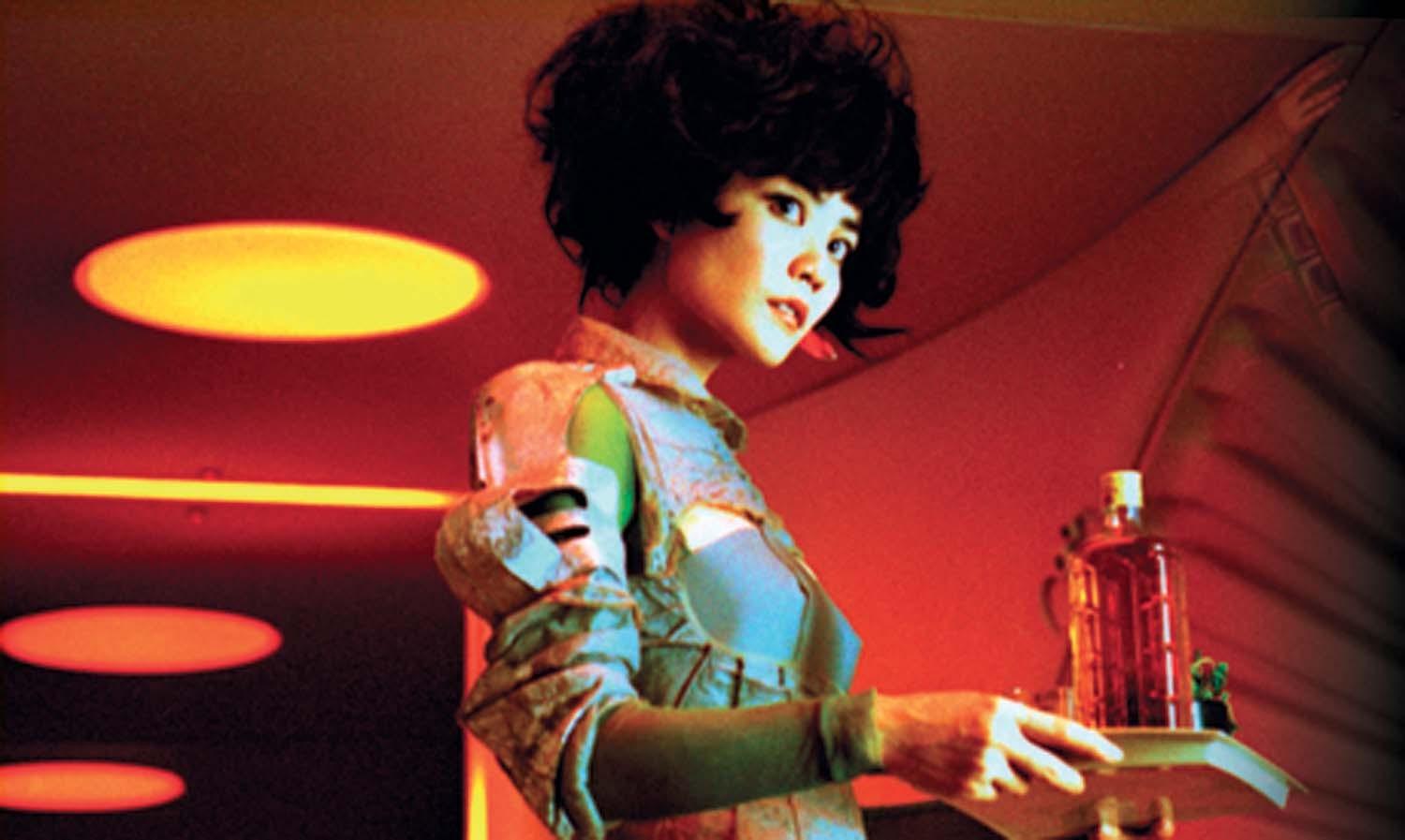
The dizzying rush of romantic longing and the inexorable passage of time underpin the follow-up to the magisterial arthouse staple “In the Mood for Love”, set in a near-future Hong Kong where people can take a train to recapture lost memories, and where a lovelorn pulp writer (Tony Leung) tries to hold on to the past by fusing his many love affairs into the retro-futuristic sci-fi novel he’s currently writing.
It’s within those blurred lines between reality and fiction that Wong Kar-wai, the undisputed master of melancholic yearning, puts a sci-fi spin to his trademark themes and evocative style. Crisscrossing between timelines and different layers of stories-within-the-story — including the burgeoning romance between a man and a humanoid woman — “2046” feels at once operatic in scope and intimate in detail, clinging to the mind like a flashbulb memory.
6. Primer (Shane Carruth, 2004)
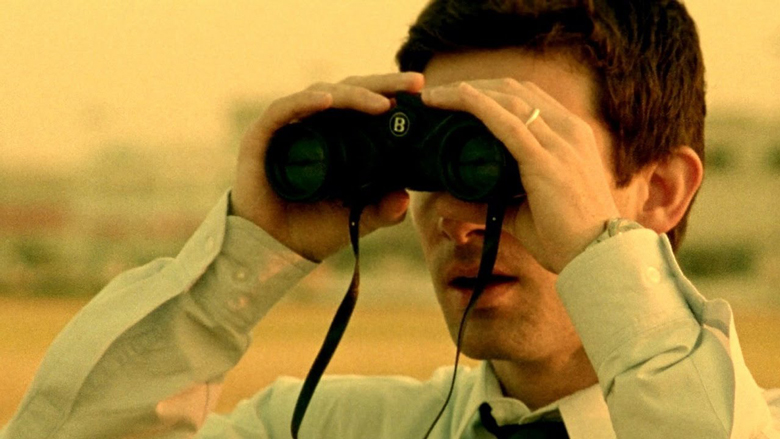
Time travel movies will never feel the same once you embark on Shane Carruth’s impossibly knotty head scratcher, in which two bootstrapping software engineers (Shane Carruth and David Sullivan) take advantage of the revolutionary time-traveling device they build in their basement.
Often billed as the “Eraserhead” of 21st century sci-fi flicks, Carruth’s brain-melter is a modern landmark of low-budget, DIY filmmaking that was allegedly shot for a meager $7,000. Any budgetary constraints are made up in spades with excruciating attention to detail, clever narrative engineering, and a daring eagerness to purvey all the moral pickles and existential conundrums of its central conceit. Whether “Primer” feels like an enlightening epiphany or a 77-minute migraine is ultimately up for each viewer to decide.
5. Her (Spike Jonze, 2013)
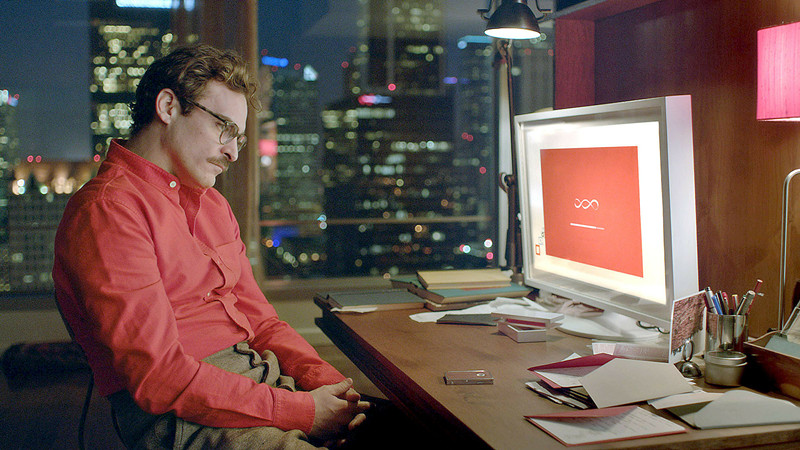
As the internet becomes more and more closely linked with our identities, not only as a source of information but as a digital realm where we exist and live every day, many films since the dawn of the new millennium have tried to capture the infinite possibilities that come with it. In that overcrowded genre, Spike Jonze’s heart-rending 2013 sci-fi romance “Her” came as close as any other of encompassing the existential isolation that envelops this world of constant interconnectivity.
Vital to the film is Joaquin Phoenix’s career-defining performance, played with subtle vulnerability, as a recently divorced writer who develops an intimate relationship with a Siri-like operating system (voiced by Scarlett Johnson). What at first blush might appear an outlandish premise next-to-impossible to take seriously is masterfully rendered into a profound and surprisingly mature examination of love.
4. Ex Machina (Alex Garland, 2014)
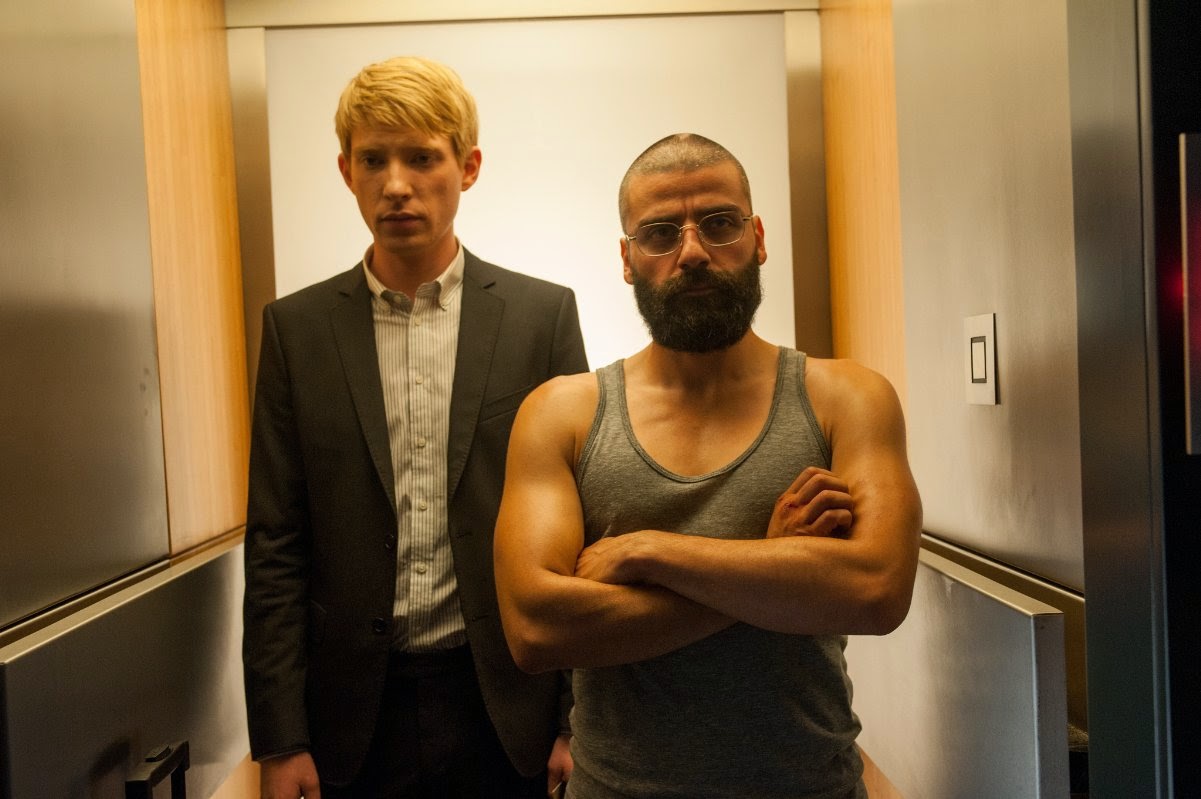
In the same vein as Jonze’s bittersweet romance, “Ex Machina” provides a clear-eyed statement on our relationship with technology, but whereas “Her” felt cautiously optimistic in its diagnosis of human-AI relationships, Alex Garland leaves no room for such unambiguously comforting assertions.
Though not immune himself to the law of diminishing returns, the “Annihilation” and “Men” filmmaker took the world by storm with his inventive debut, in which a young and soft-spoken researcher (Domhnall Gleeson) becomes infatuated with the cutting-edge android (Alicia Vikander) he’s been brought in to inspect. Familiar sci-fi story beats are masterfully conveyed and given a new, refreshing expression, with Garland cribbing from genre staples from “Metropolis” to “2001” to create the ne plus ultra of artificial intelligence cinema.
3. Blade Runner 2049 (Denis Villeneuve, 2017)
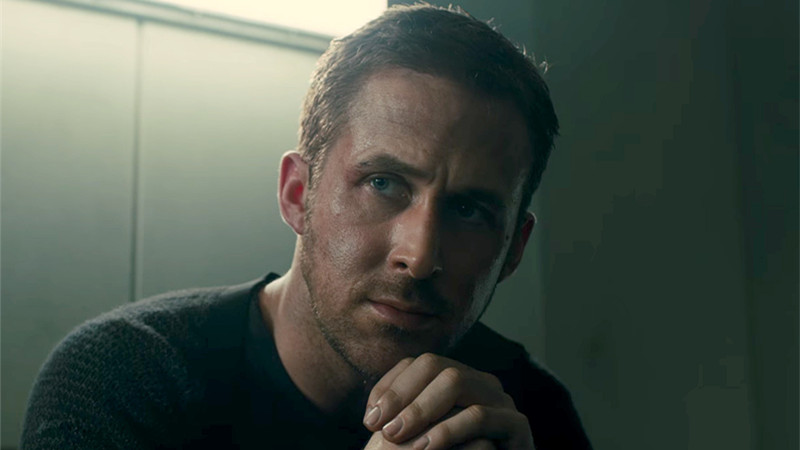
In lieu of Hollywood’s tiresome habit of milking iconic intellectual properties — a nauseating trend that’s quickly become endemic at the multiplex and shows zero signs of slowing down — one can’t fault audiences for preemptively writing off the new “Blade Runner” “sequel as the latest in a long list of studio cash-grabs. Fortunately, Denis Villeneuve had bigger plans in mind when he took the reins on Ridley Scott’s much-heralded creation; determined not to simply ride on the coattails of much-heralded original film but use it as jumping off point for something both grander and deeper.
On the lines of its monolithic predecessor, the 2017 follow-up grapples with the blurred distinction between man and man-made machines, prompting us to reconsider what constitutes as one or another by filtering its story through the lens of a law-enforcing Replicant (Ryan Gosling). The result is science fiction at its finest; a cerebral, tactile, and visually striking successor that thoroughly stands on its own.
2. Eternal Sunshine of the Spotless Mind (Michel Gondry, 2004)
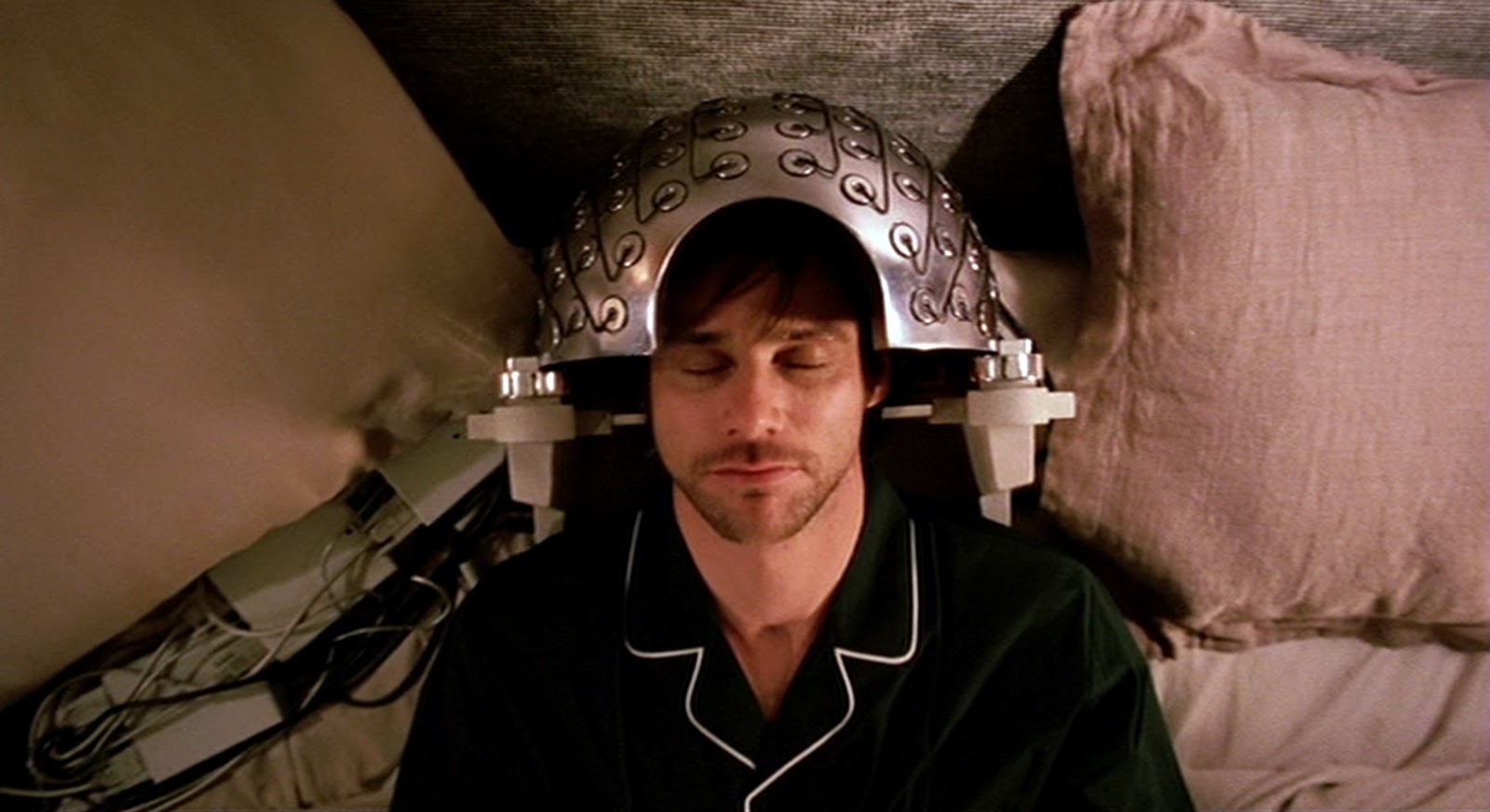
Hollywood’s enfant terrible Charlie Kaufman found a sublime expression to his neurotic obsessions in this achingly romantic thriller, easily one of the most heart-rending screenplays of the new millennium, in which a recently separated couple wipe all memory of each other following a messy break-up.
In capturing the bitter remorse and pent-up frustrations of one Joel Barish (Jim Carrey), who traverses his own subconscious in a desperate quest to salvage what remains of his previous romance, “Eternal Sunshine of the Spotless Mind” swirls around the well-trodden clichés and sugarcoated platitudes that bog down so many sci-fi offerings. Instead, Michel Gondry’s study of identity and human connection capitalizes on its conceptually bold premise to burrow deep into the human condition; conceding that love and memories are often painful, but nonetheless should be cherished as a vital component of our identity.
1. Arrival (Denis Villeneuve, 2016)
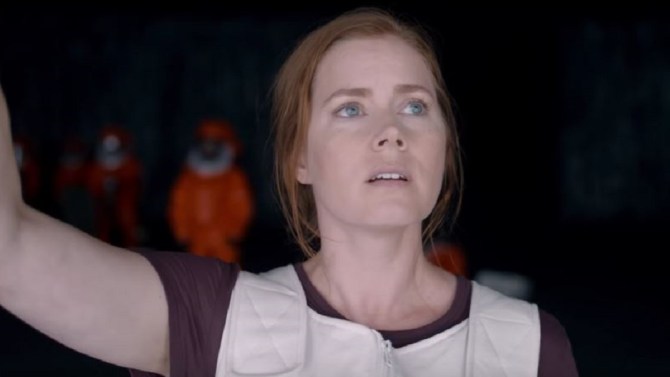
Language is the foundation of civilization, the glue that holds people together, and the first weapon drawn in a conflict. It is also the big thematic lynchpin of this cerebral movie based on Ted Chiang’s short story, in which the shocking landfall of 12 giant alien spacecrafts on Earth prompts a perplexed U.S. Army to commission brilliant linguistics professor Louise Banks (Amy Adams) to figure out how to communicate with our unexpected visitors.
In his 2016 opus, Denis Villeneuve accomplished exactly what any movie of the same ilk should strive for — using a high-concept set-up as a baseline to deal with themes and ideas everyone can relate to. Reaching at the reassuring conclusion that love, empathy, and understanding are mankind’s saving grace, values that will prove paramount once a global threat puts our survival in jeopardy, “Arrival” makes its timely observations not only fascinating but imperative in our day and age.